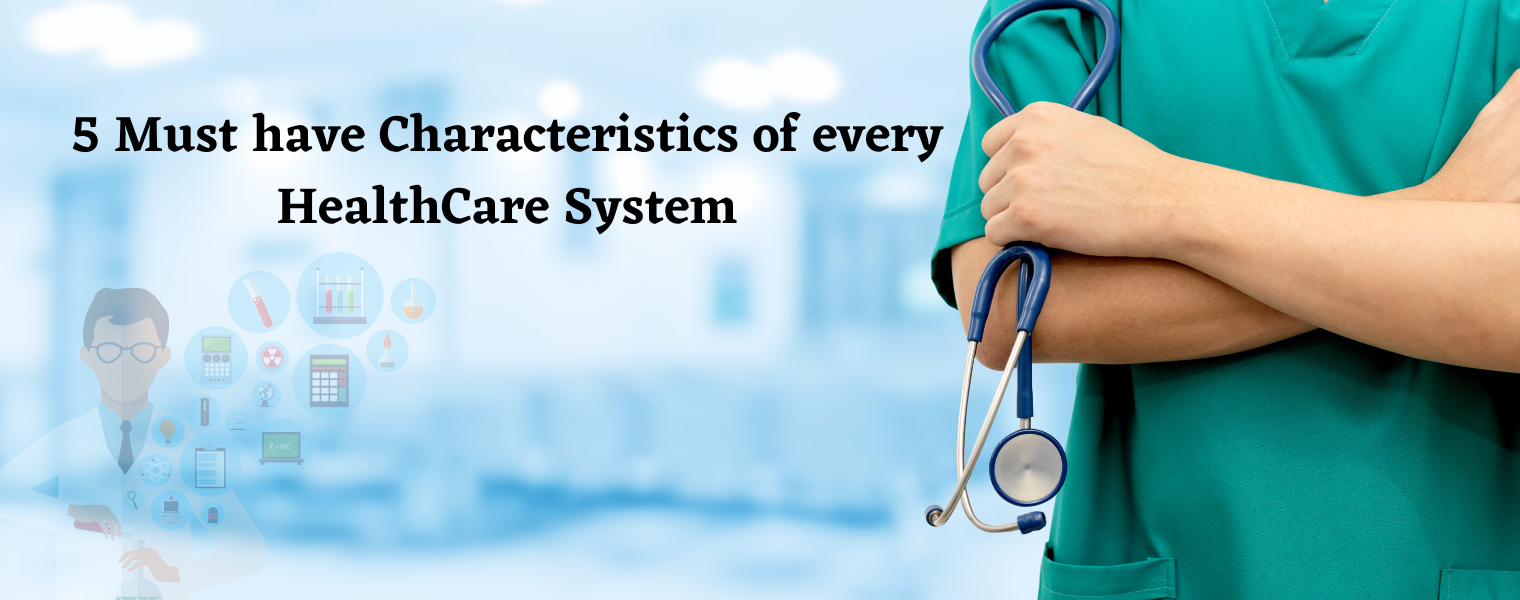
The management of facilities, paperwork, strategic planning, budgeting, personnel, and patient experiences must be handled by healthcare professionals using reliable, consistent technology solutions. However, not all healthcare solutions are made equal, so experts must identify and put into place the best system for their requirements. For precisely this reason, the ERP market has become particularly important to the healthcare sector. An ERP solution's administrative features and corporate planning tools can assist healthcare professionals in giving their staff and patients the best possible experiences.
Features listed below that are essential for any healthcare ERP system.
Software for business intelligence is frequently a required component due to the volume of data that healthcare organizations’ internal systems collect. While data management features are useful, healthcare ERP systems can take data and turn it into visually appealing reports that make it simpler for decision-makers to obtain and understand the information they require. Data analysis, dashboards, infographics, and integrated consolidation reporting are other characteristics of business intelligence.
Departments cannot continue to operate in isolation from one another as the healthcare sector develops and becomes more technologically advanced. Instead, medical professionals require a unified system that functions as a single source of truth throughout a hospital and allows them to leverage the data from their medical record system in a streamlined, reliable, and legitimate interface. Data may be consolidated, inconsistencies can be removed, and data can be linked from one division to another, enhancing business productivity and communication.
Due to the high level of regulation in the healthcare sector, businesses must place a strong priority on compliance. Healthcare firms must incorporate an ERP solution to speed up the compliance process because maintaining consistent compliance with regulations can be difficult with out-of-date software. With ERP, every part of a company is transparent, traceable, and puts all necessary information at the user's fingertips. Companies can also ask an ERP supplier about their overall security plan. The most effective fixes will incorporate vulnerability analyses, application updates, patching, routine testing of the information restoration procedure, and more.
Through the provision of users with exceptional visibility into their business processes, unified ERP solutions can assist businesses in saving money and resources. An ERP system, for instance, might highlight obstacles impeding workflow, resource allocation, and productivity, enabling users to fix these problems and save waste-related expenses. Additionally, healthcare firms can save time and money since ERP systems facilitate seamless data flows across divisions and automate back-office operations.
Healthcare ERP software can be a challenging system to integrate into a company's current procedures, just like any other piece of enterprise technology solutions. Many businesses, but not all, provide clients with implementation support services. The best implementation assistance continues after the system is put into operation. The pre-implementation configuration, onboarding procedure, training services to aid users in integrating the new application, and hands-on sessions to make sure that everyone is on the page should all be handled by the ERP supplier instead.
DoFort Healthcare ERP software can be used to centralize all of the key data and bring together patients, insurance providers, and healthcare professionals under one roof. Healthcare personnel can focus on their primary issues, such as providing high-quality patient care and safety, with the aid of Do Fort’s Advanced Healthcare ERP solutions.
To know more about our ERP Systems , CRM and services! Contact us at info@doforttech.com or leave a comment for further details.
Welcome to DoFort !